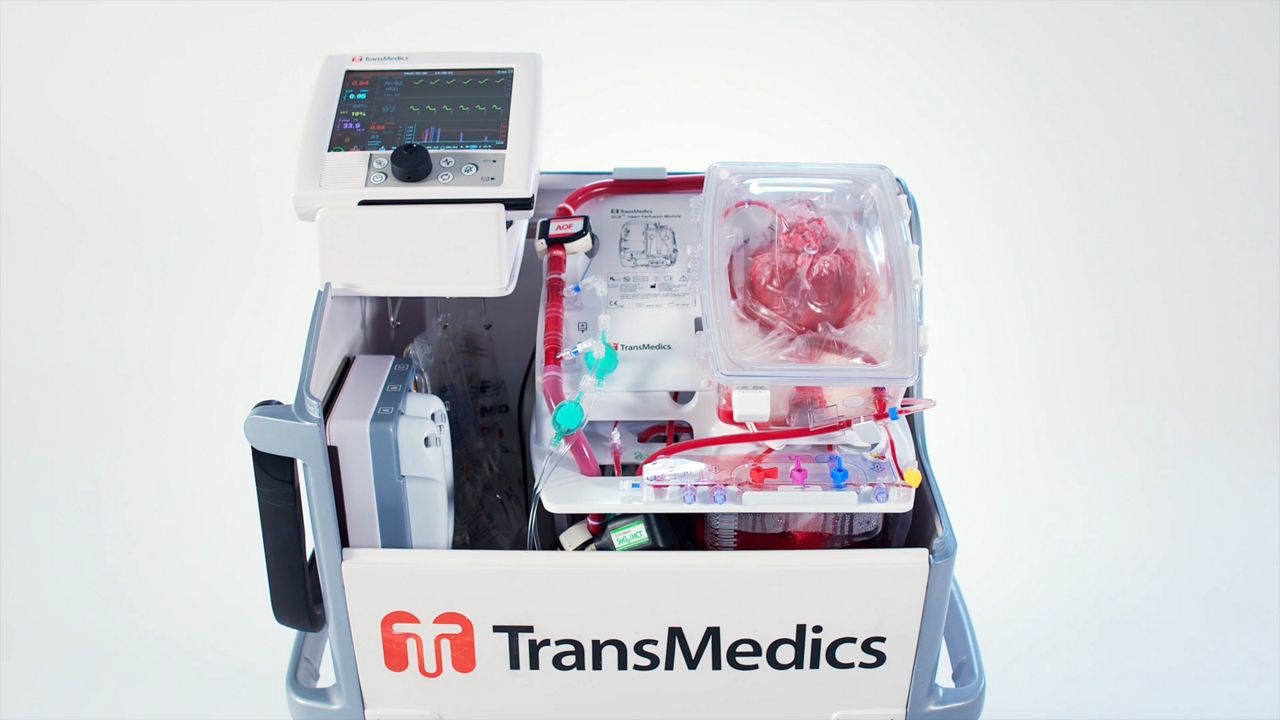LOS ANGELES — From horseback riding and hiking to cliff jumping, Donald Stivers never let his heart condition hold him back.
Stivers has been pushing his body’s limits ever since he was a child. But the topic of his condition makes him emotional.
"When I was small I used to pass out, turn blue, and my mother would find me and think I was dead and would have to revive me," said Stivers. "I did everything against doctor’s orders because I wanted to be a normal kid."
By the age of 58, Stiver’s heart condition began to catch up with him, leading him to a pacemaker and some medications. Now at 74 years old, he had to consider other options.
“My heart would go into v-fib, and I would be shocked," he said. "My heart was just wearing out."
With a 6-12-month prognosis to live, Stivers would have some additional challenges in finding a transplant in time due to his age and towering height of over six feet. That’s why Stivers volunteered for the OCS Heart clinical trial at Cedars-Sinai Medical Center, which utilizes the OCS Heart System nicknamed a “Heart in a Box.”
According to Dr. Dominic Emerson, a transplant surgeon with the Smidt Heart Institute at the Medical Center, organs like the heart can only last about four hours on ice outside of the body. With the “Heart in a Box,” transplant surgeons have more time to recover an organ for transplant, which means they can go a farther distance to retrieve an organ for a patient in need.
Dr. Emerson believes the device could lead his team to an additional 15 heart transplant surgeries each year.
“We are able to utilize organs that would otherwise potentially have gone to waste either because they are far away, or there are other reasons that we have to investigate their function through the box, which this device allows us to do,” Dr. Emerson said.
The device, currently under FDA review, allows medical teams to monitor a transplant organ's condition during transport, according to TransMedics. With the help of the device and transplant team, Stivers received a new heart in March that came all the way from Hawaii.
“It’s like you get your life to start over again,” said Stivers, who is now on the road to recovery and a path that will lead him back to great outdoors.




